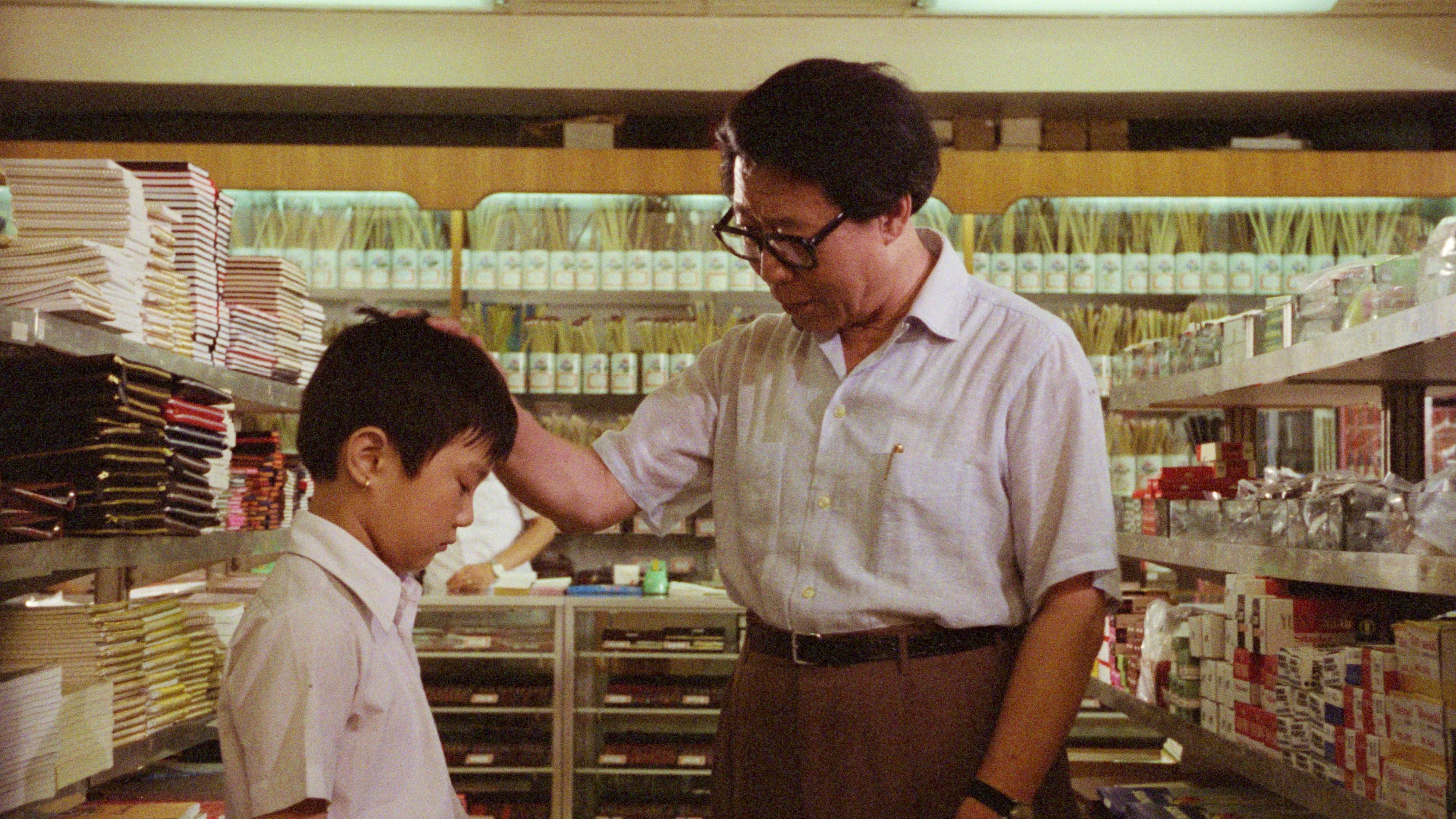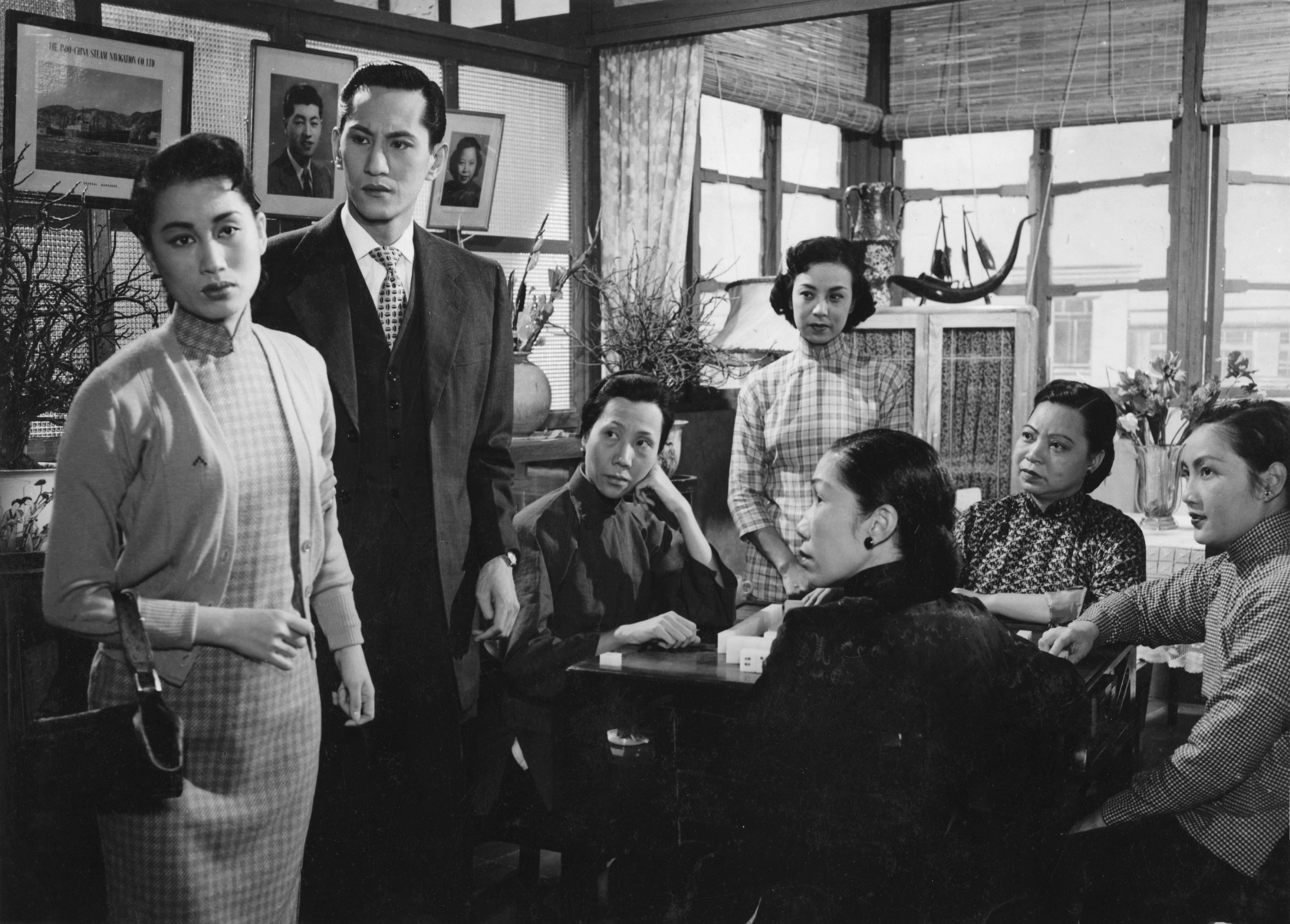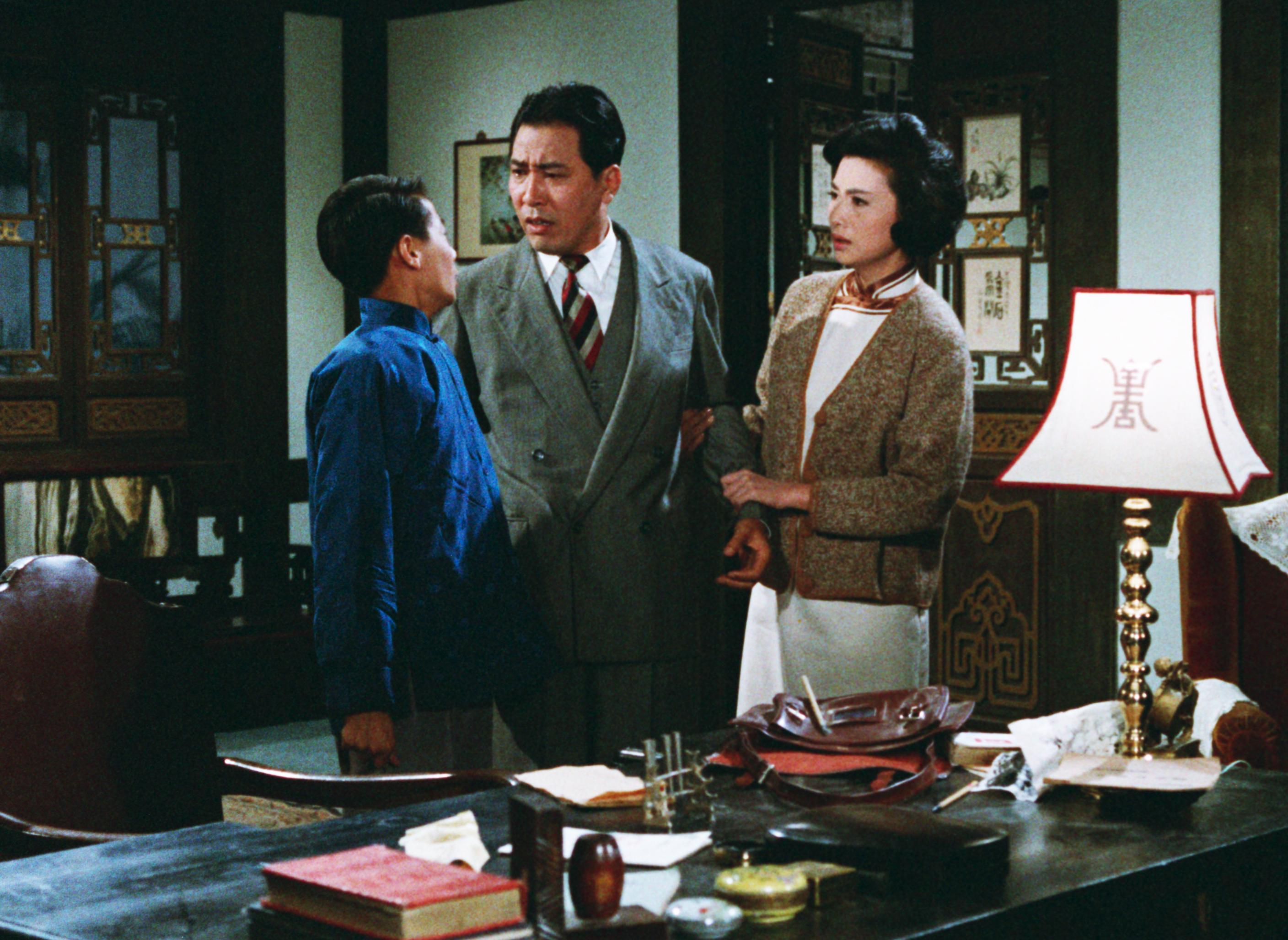Submit applications for voter registration and change of voter registration particulars by June 2
The Registration and Electoral Office (REO) today (May 20) appeals to eligible persons/bodies who have not yet registered as electors/voters of a geographical constituency (GC), functional constituency and/or Election Committee subsector to submit registration applications on or before the statutory deadline of June 2 so that their registration particulars can be included in the final registers of electors/voters to be published in September this year.
Hong Kong permanent residents holding an identity document, who have reached 18 years of age and are ordinarily residing in Hong Kong, are eligible to register as GC electors.
There is no need for registered electors/voters to register again, but they should notify the REO in case of any changes in their residential address or other registration particulars by the same statutory deadline of June 2.
A spokesperson for the REO said, “Eligible persons may submit applications for new registration as GC electors and change of voter registration particulars including providing/updating their mobile phone number and email address through ‘iAM Smart+’. The REO has provided a step-by-step guide on its Voter Registration website (www.reo.gov.hk/video/voter/GCVRguide-EN.mp4) to help the public understand how to submit applications through ‘iAM Smart+.’ Members of the public may also check their registration status through ‘iAM Smart’, the Voter Registration website (vr.gov.hk) or by calling the REO hotline at 2891 1001.”
Applications for new registration as GC electors or change of residential address by registered electors must be submitted along with an address proof. Those who are the registered occupants of public rental housing under the Housing Department or subsidised housing under the Hong Kong Housing Society are not required to submit any address proof.
Apart from submitting applications through “iAM Smart+”, application forms for new registration and change of registration particulars are available on the Voter Registration website (vr.gov.hk) for download, or at the District Offices, the management offices of public housing estates and the REO. Completed application forms may be submitted on or before the statutory deadline of June 2 via the following channels:
- by email (form@reo.gov.hk) – application forms and supplementary documents should be attached to the email. The REO does not accept submission of documents by providing a hyperlink to cloud storage. Upon receipt of email applications, the REO will automatically send a confirmation email (see attachment for sample) to applicants. If applicants do not receive such confirmation, they may resubmit applications by email or through other channels, and they should check whether delivery failure is due to the large size of the attachment files;
- through the REO e-Form Upload Platform (www.reo-form.gov.hk) – after a successful submission, applicants should take note of the application number generated by the system for future reference;
- by post to the REO office, 13/F, Kowloonbay International Trade & Exhibition Centre, 1 Trademart Drive, Kowloon Bay – the date of the postmark will be taken as the date of submission for applications by post. Applicants should mail their application forms early to avoid missing the statutory deadline;
- by fax to 2891 1180; or
- in person – applicants may submit in person to the REO office during office hours (i.e. 8.45am to 12.30pm and 1.30pm to 6pm, Monday to Friday, except public holidays), 13/F of Kowloonbay International Trade & Exhibition Centre, 1 Trademart Drive, Kowloon Bay. The said office will remain open until 11.59pm on June 2.​
Meanwhile, the REO again urges registered electors who received inquiry letters (with the note “Immediate action required. Your voting right is at stake” printed in red on the envelope) issued by the REO to reply on or before the statutory deadline of June 2 by scanning the QR code on the letter to log on to the Voter Registration website, or by email, post or fax, so as to maintain their voter registration status.
For enquiries, please visit the Voter Registration website (vr.gov.hk) or call the REO hotline at 2891 1001. read more





